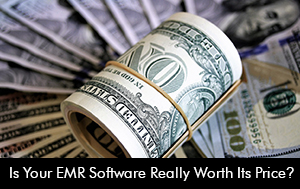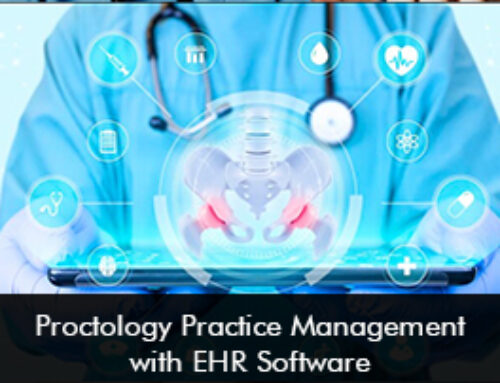The total cost of ownership of an Electronic Medical Records (EMR) Software consists of a number of factors such as the one-time licensing cost, continuous subscription cost, maintenance and updates, and the training and support. Some of the factors physicians overlook while looking at the pricing plans of Electronic Health Records (EHR) Software are,
- Whether the software includes an integrated Practice Management (PM) or Medical Billing Suite?
- How many unique logins can be assigned and what type of users will be accessing the system?
- How many patients per day, on average, can be processed through the software?
- Does the software require extensive training before or after the implementation?
- Will the data from the last software be automatically transferred or will it require extra effort?
The price could vary a lot based on these factors, depending on how are these questions answered by the vendor. Here are some more frequently asked questions when it comes to justifying the price of any EMR Software.
Is the software affordable for smaller practices?
Software systems such as athenahealth and Epic are considered as EMR giants and cost pretty solid amounts. Smaller practices are unable to afford larger systems normally since their budgets are low but what they need to realize is that larger vendors mostly provide the best value for money and a one-time investment could go a really long way in making them successful.
Are there any hidden costs of EMR Software?
Depending upon the vendor you’re purchasing from, the hidden costs can vary. Some vendors charge you extra for integrated services, others charge extra for training and support. Being aware of these costs beforehand through EMR Demos can be quite helpful in this regard.
Is there any software similar to my choice?
This one is quite tricky since comparing two or more software side by side can be a difficult task. Using online sources would be best in this case. EMRSystems itself offers a dedicated EMR Software Comparison section so you can evaluate one software against another one before making the final purchase.







